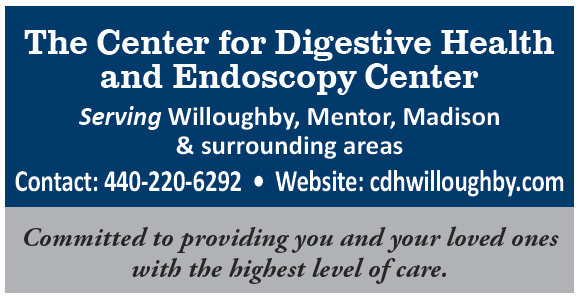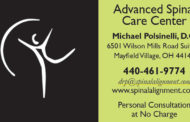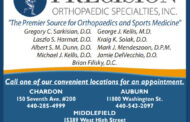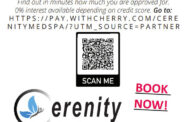By Michael Kirsch, MD, Center for Digestive Health and Endoscopy Center
Genetically modified organisms (GMOs) are in the news. Vermont has already passed a law requiring that GMO foods be labeled accordingly, and the U.S. Congress is poised to pass a similar, but less strict labeling requirement.
We gastroenterologists are keenly interested in the nutritional health of our patients. Several times each week, I am queried by informed patients who are seeking my nutritional advice on probiotics, gluten sensitivity and vitamin supplements. I applaud their interest in seeking information to keep them well.
In medicine, sometimes our enthusiasm for a particular treatment or belief is beyond the known science on the issue. I think that both, we physicians and the public sometimes fall prey to this. Let’s face it. Gluten is not the health scourge that many patients believe. And, antibiotics are not the panacea for colds and earaches, even though many doctors will prescribe them for these conditions.
The term, genetically-modified organisms, makes the food sound downright dangerous! “Better not eat those GMO potato chips. You might sprout antlers or a few extra fingers! Why take a chance? Stick with what we know is safe.”
The truth is that GMOs are completely safe and pose no health risks to the public. This is not only my view, but also the opinion of the Food and Drug Administration, an agency charged with verifying that our food supply is safe. Personally, I think that a more neutral label than GMO should have been selected, one that would be more reassuring to the public. How about calling them SSTs, standing for Safe Scientific Technology?
Most folks are surprised to learn that most of our foods are created using GMO science. In fact, many medications use the process also. Read up on GMOs and you will see how the process has contributed to agricultural progress.
If the scientific community believes that GMOs are safe – which it does – is it fair to require companies to label their products with this designation? Obviously, I support labeling that highlights specific known dangers and risks. If a food item, for example, contains peanuts, then this should appear on the label to protect individuals who have a peanut allergy. But, I don’t think that labeling should be mandated if there are no legitimate safety issues. For example, should a coffee shop be required to label their coffee as made with tap water because some coffee drinkers believe that filtered-water is safer? Should vegetables be required to have labels that specify that the product is not organic, even though they are safe?
If a consumer wants to know if Pop Tarts are tainted with GMOs, then he should feel free to call the 1-800 number on the label to inquire.
Nutrition is important, and the public is entitled to know a food item’s ingredients and nutritional stats. But, we shouldn’t have a right to make a safe food seem suspect. If you feel otherwise, might I suggest you pursue a different type of GMO?
Get More Opinions!
Get your colonoscopy at The Center for Digestive Health Endoscopy Center!
Our patients enjoy:
• State of the art endoscopy center
• Caring nurses dedicated to you
• Easy and convenient parking
• No hospital admissions or check-in
CALL TODAY FOR AN APPOINTMENT!
(440) 220-6292
Special Medical Interest(s):
• Abdominal Pain
• Colon Cancer Prevention
• Constipation/Diarrhea Disorders
• Crohn’s Disease & Ulcerative Colitis
• GERD/Heartburn/Acid Reflux
• Irritable Bowel Disease
• Liver Disease & Hepatitis
























